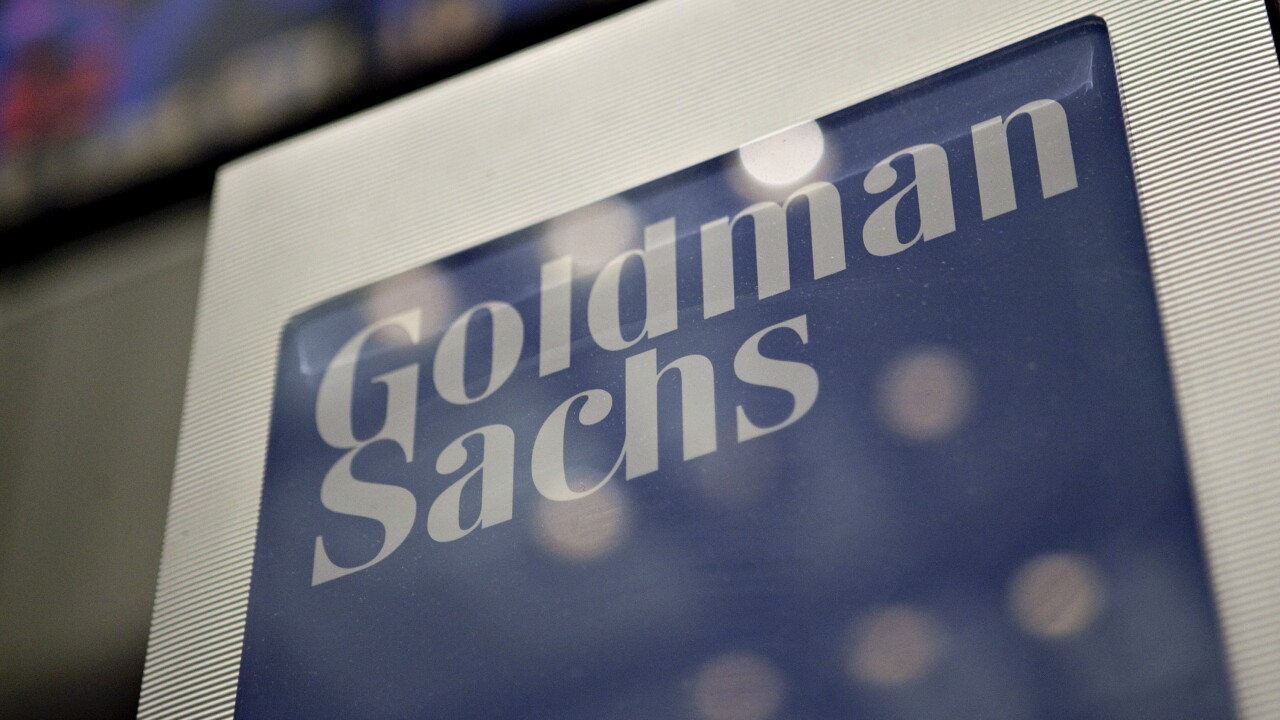Risk is back on the outs. After a one-month bounce propelled largely by a rise in risk tolerance, the Retirement Advisor Confidence Index - Financial Planning's monthly barometer of business conditions for wealth managers - fell in September to a reading of 52.5, the lowest level this year.
Not only did risk tolerance drop 8.7 points, after a 10-point jump the prior month, but advisors also reported slower growth in fees charged for retirement services and in client participation in employer-sponsored retirement funds.

Other notable factor shifts included a pullback in dollars allocated to equities and a parallel increase in cash allocations; fixed-income allocations showed little change.
In some cases, advisors reported being more cautious than their clients. "Clients are willing to buy, but we are dollar-cost averaging in almost all cases, as we expect a correction," one wary advisor noted.
The Financial Planning survey, which asked respondents to focus on August activity, found that the Obamacare rollout has complicated planning for both employers and clients. "One factor that is preventing companies from making changes to their retirement plans is uncertainty in the area of health care costs," one advisor observed. "Uncertainties surrounding Obamacare are causing major financial decisions to be held back by most of my clients," said another.
And at least one advisor reported that clients were starting to push back on fees. "Fee pressure continues to mount," the advisor said. "Clients are requesting fee caps and hourly rates instead of a percent of invested assets."
The index is composed of 10 factors - including asset allocations, investment product recommendations, economic and risk factors, taxes and planning fees - to track trends in wealth management business cycles.






